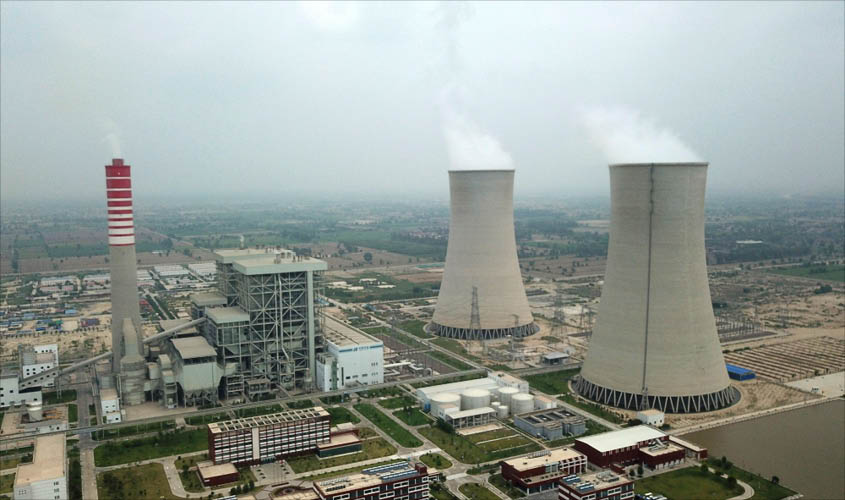‘China has stopped funding many projects and Pakistan can’t manage them’.
NEW DELHI: A special Pakistani Senate Committee on China-Pakistan Economic Corridor (CPEC) has raised questions on the future of the CPEC in the country while stating that many projects have not yet started because of funding being stopped by China. Such is the situation that some of the notable projects are now being sought to be completed by taking loans from other institutions.
Many of the projects under CPEC are battling irregularities in financing and inability of Pakistan’s own ministers and officials to manage the projects, the Senate Committee has stated in its report.
The 19-member committee, headed by Senator Sherry Rehman, who has also been the country’s ambassador to the United States, took the developments related to CPEC between July 2018 and June 2019 into account while preparing its first interim report.
It has also stated that due to the inability of the Pakistan government to build consensus among the different political parties with regards to the CPEC, China is now directly “engaging” with leaders of the country at every political level under the “CPEC political parties’ joint consultation” mechanism.
Confirming what is being written in the international media, the committee has also stated that most of the developments under CPEC are taking in only two of the four provinces of Karachi, Sindh province and Lahore, Punjab province, leaving out the two most impoverished regions of Balochistan and Khyber-Pakhtunkhwa.
As per the report, the construction of highway between Surab (Balochistan) and Dera Ismail Khan (Khyber Pakhtunkhwa), that was a part of the Western route of the CPEC project and was expected to be upgraded to a four-lane way by 2020, has not even started, with the funding for the same being stopped by the Chinese in December 2017.
As per the committee’s finding, many of the projects that were initially a part of the CPEC, have now been removed from it. This has mainly been done as China has now started restricting itself from investing anymore in these projects.
Giving an example of the casual approach of the Pakistan government machinery towards the project, the committee said that the federal minister for planning, developments and reforms, skipped meeting the committee every time he was called, by giving excuses that he was not free. This has led the committee to questioning his capability to coordinate and manage such huge projects. It also stated that incomplete documents were provided by the ministry.
The committee has also expressed concern about Pakistan’s inability to absorb concessionary loan and grants that it has so far received from China for CPEC, which it said will worsen even more due to lack of planning. It has quoted the Chinese Ambassador to Pakistan, Yao Jing, who has said that the CPEC was suffering due to bureaucratic red tape.
While the CPEC was expected to create a minimum of 7 lakh (as per some media reports, 20 lakh) jobs by 2030, as per the committee’s finding, it has only been able to create 68,382 jobs till June 2019.
Recently, the head of state owned Karachi Circular Railway, which was supposed to be redeveloped as a new mass transport system as part of the CPEC, had sought permission to approach the Japan International Cooperation Agency (JICA), to take a loan of $2.6 billion for the project as China has now scaled back its “enthusiasm” for the said project which was signed almost two years ago.
Media reports stated that if this happens, it will be the first but most probably not the last, when a Japanese entity will be taking over the funding of a project of the CPEC.

